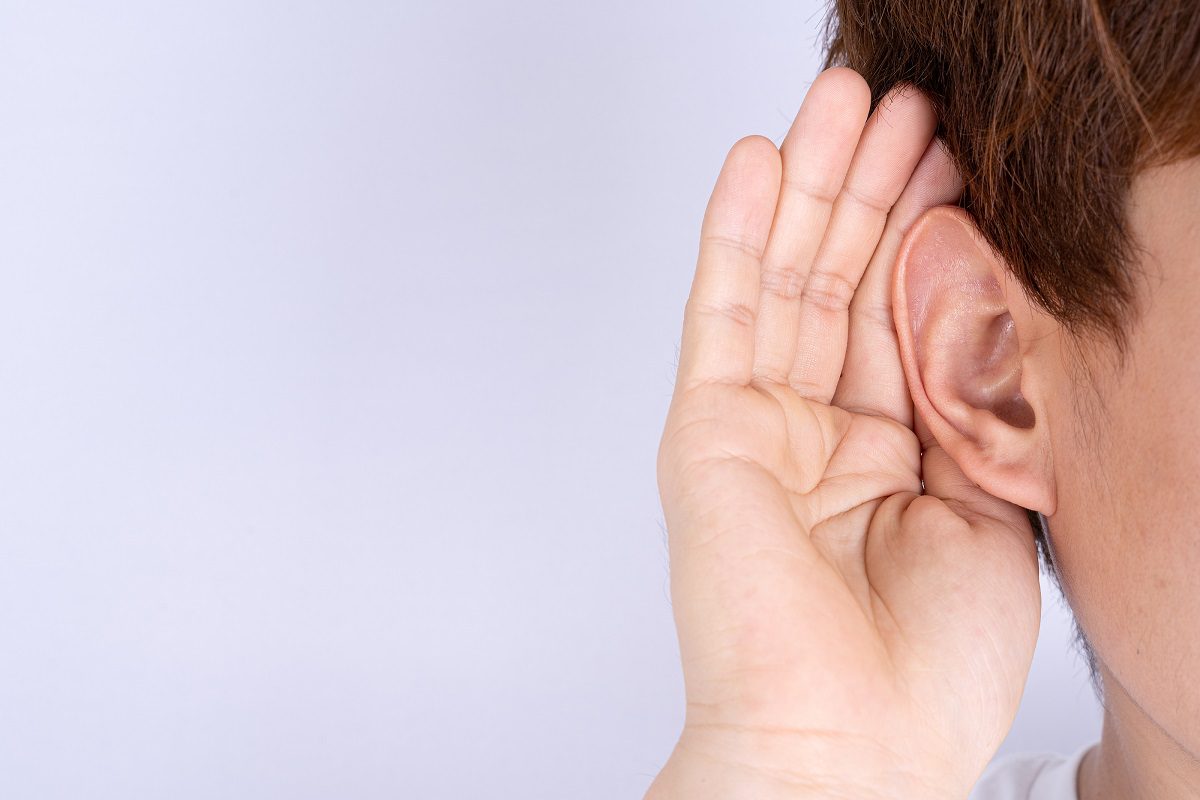When Should I Update My Hearing Aids?
If you’ve been wearing hearing aids for a while, you’re


If you’ve been wearing hearing aids for a while, you’re

According to a World Health Organization estimate, about 466 million

The following scenario will be familiar to anyone who suffers from hearing